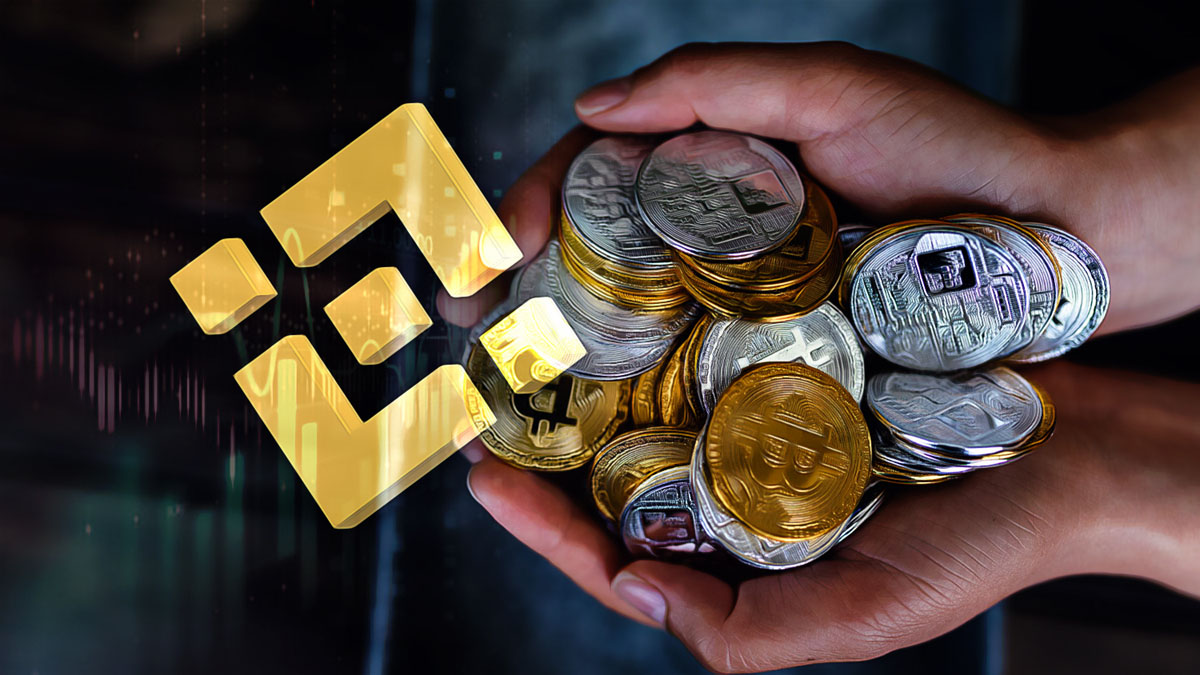This week, the legal battle between Binance and the U.S. Securities and Exchange Commission (SEC) was highlighted, with Binance facing more complex allegations than Coinbase, which is only accused of facilitating unregistered securities trades. The SEC has previously expressed dissatisfaction with Binance’s evidence production, but a settlement with the CFTC and the Justice Department in November suggested that Binance was compliant with required standards.
U.S. officials had acknowledged Binance’s efforts in preparing requested documents, indicating a solution-focused approach. However, the SEC’s demands for evidence from Binance in court have been extensive, particularly concerning the custody and liquidity of assets. The SEC suspects Binance US of commingling customer assets similar to FTX, but lacks evidence to prove it.
BAM Trading’s lawyers claim they have fully complied with the document production requirements of the Consent Order and the expedited recovery claim, requesting the court’s confirmation. They believe that BAM has exceeded its obligations under the Consent Order, especially considering the burden and damage caused by the SEC’s Temporary Restraining Order (TRO) and expedited discovery process over the past seven months.
A major point of contention in the case is the nature of the Consent Order, which dictates the scope of the investigation, and the questioning of witnesses. BAM disputes the SEC’s right to take additional depositions from current or former BAM personnel, arguing that the SEC has already deposed a dozen witnesses during expedited discovery.
Despite confusion over Binance’s settlement excluding the SEC, the inability of U.S. authorities to find concrete evidence in allegations of commingling customer assets and defrauding customers may be promising for Binance in the SEC case.












